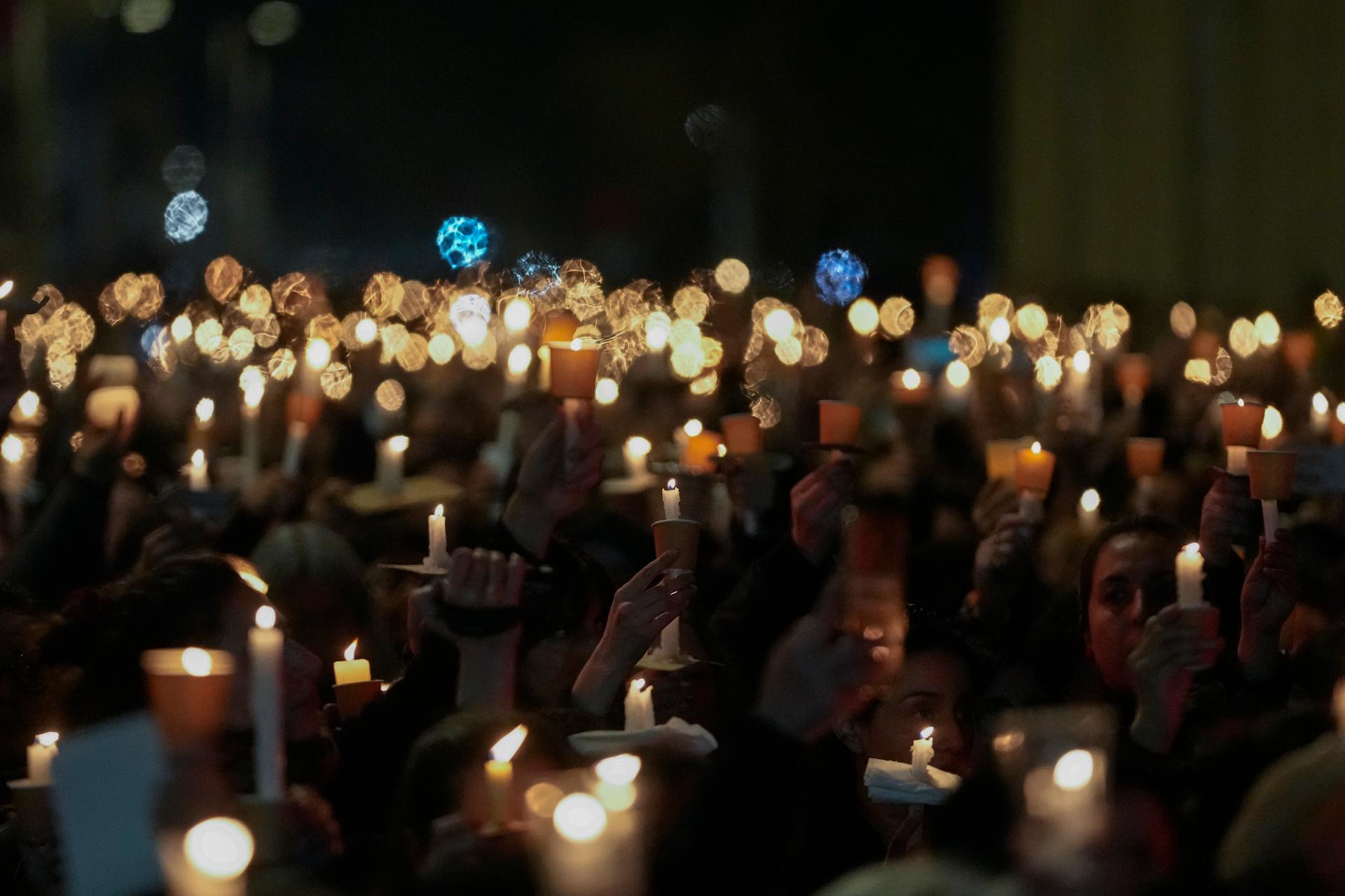General Augusto Pinochet is known worldwide as a sinister dictator. Between 1973 and 1990, his regime tortured, killed and disappeared thousands of people in Chile, in the name of fighting communism.
But as Pinochet’s US-backed military coup marks 50 years, many in the South American country have complicated views about its legacy, and there’s still no consensus about whether the coup was a good or bad thing.
For Pablo Abufom, a civil rights activist in the capital Santiago, the legacy of Pinochet is clear. “I think he should be remembered as one of the worst things that has happened to Chile,” he said. “His dictatorship was a dark moment in our history where democracy and human rights were not respected.”
Abufom said it’s important to remember this painful chapter of history so that it doesn’t happen again.
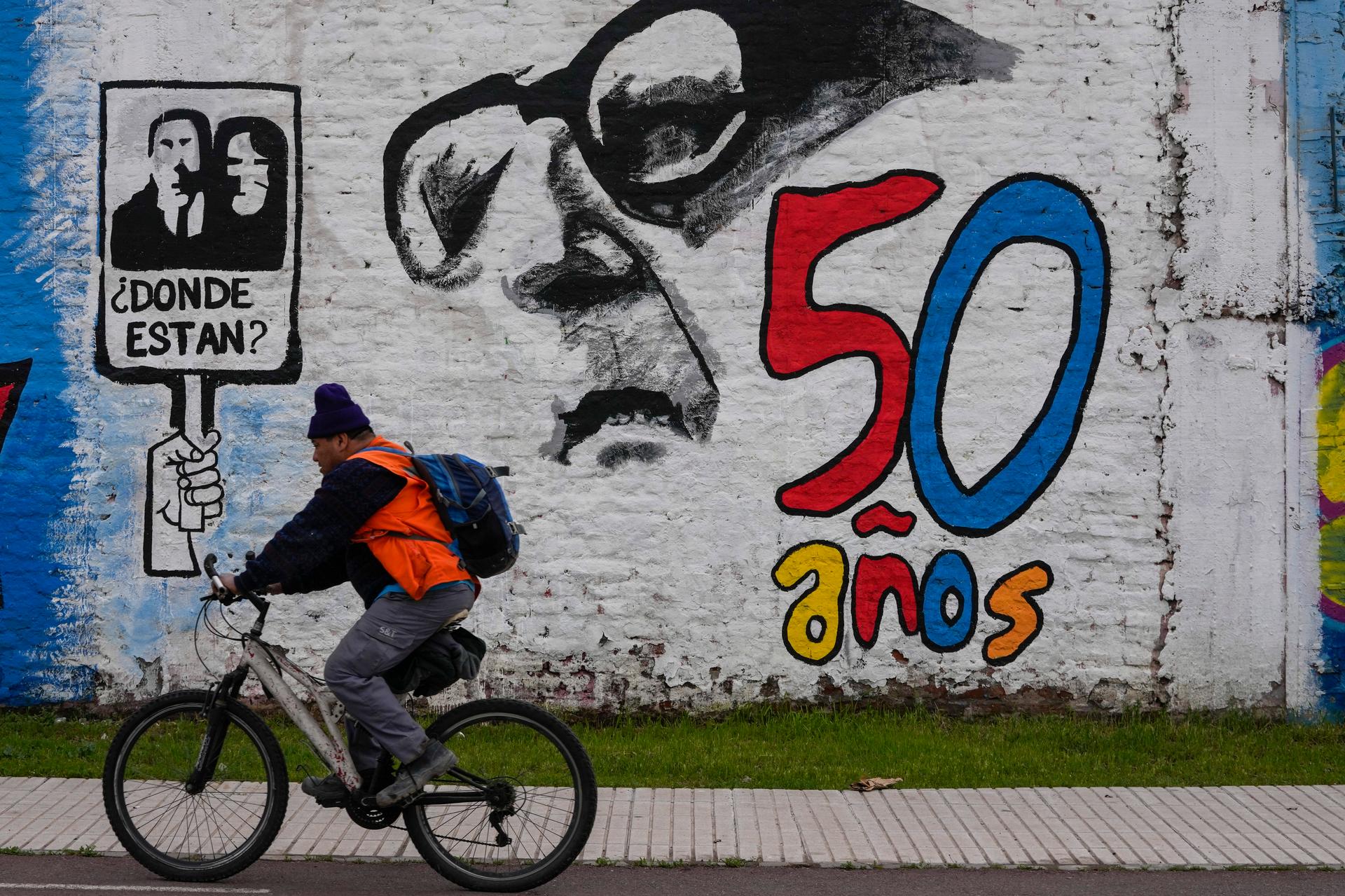
But not everyone agrees.
A 30-year-old member of Chile’s military recently spoke with The World and asked not to give his name because he’s forbidden to share political opinions publicly.
“The military coup was necessary for Chile because the country was on the verge of economic collapse,” he said. “After the coup, life improved for many Chileans, so yes, there were mistakes, but we can’t say that everything was bad about Pinochet’s regime.”
The soldier said he grew up in a family that supported the political left, but after he joined the military, he started questioning those views.
“Three decades after our democracy was established, there’s still a lot of people in Chile that repudiate the military because of its involvement with the coup,” he said. “People have called me a murderer just because I’m wearing a uniform.”
The situation becomes more tense in the run-up to the anniversary of the coup every September 11th.
On Sunday, during an annual march that demands justice for the disappeared under Pinochet’s rule, one group of people wearing black masks threw objects at the presidential palace and clashed with security forces.
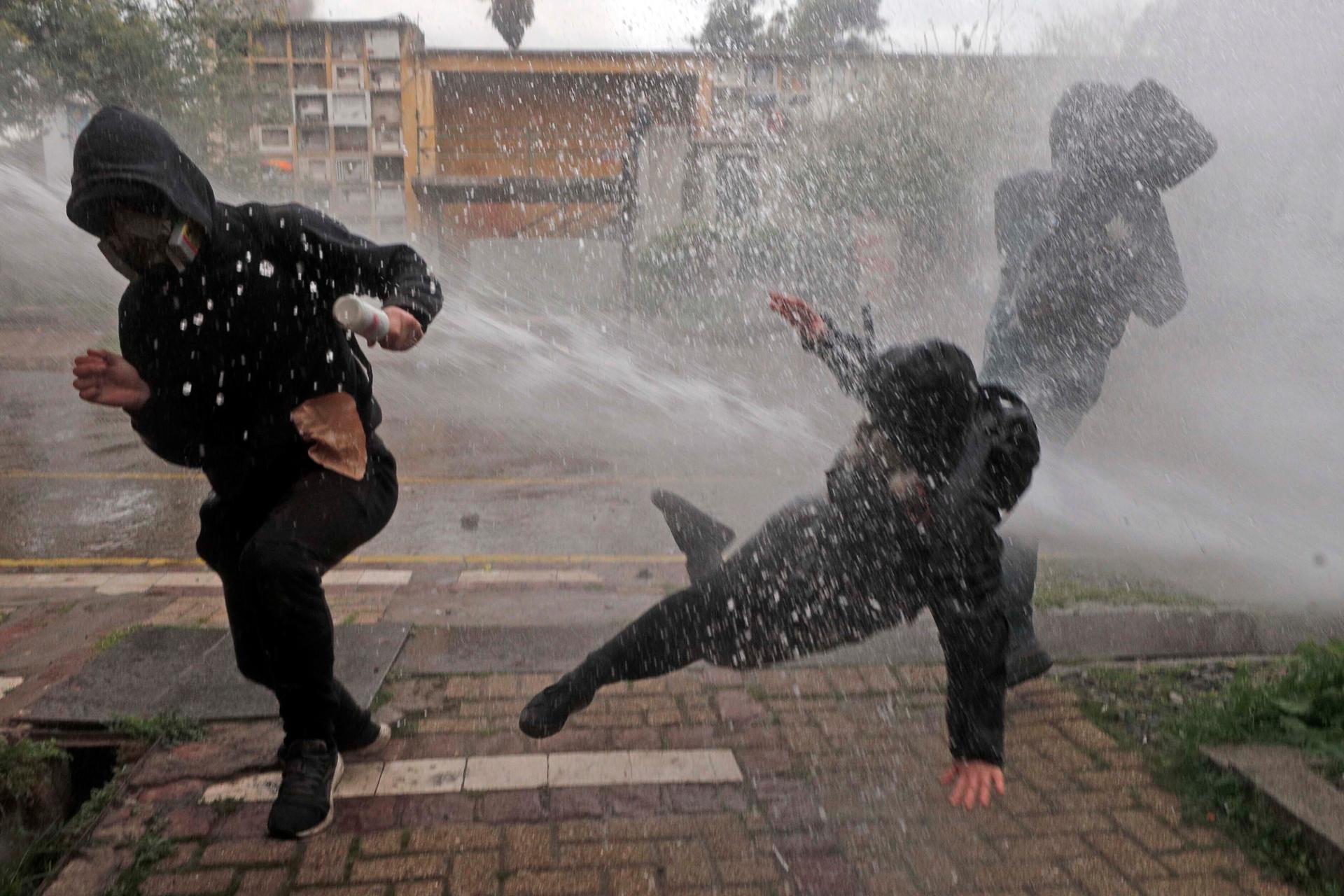
The member of Chile’s army said that he doesn’t support any of the events commemorating the 1973 coup.
“Chile needs to put that past behind and move on,” he said, “because these anniversaries only feed polarization.”
That opinion is shared by millions of people in Chile.
An annual poll revealed that almost half of Chileans (47%) now agree that the Pinochet regime was partly bad and partly good, compared to 27% who said the same 10 years ago.
Market Opinion Research International (MORI), the nonprofit that conducts this poll every year, also found that 42% of the respondents believe the coup destroyed democracy, the lowest number since 1995.
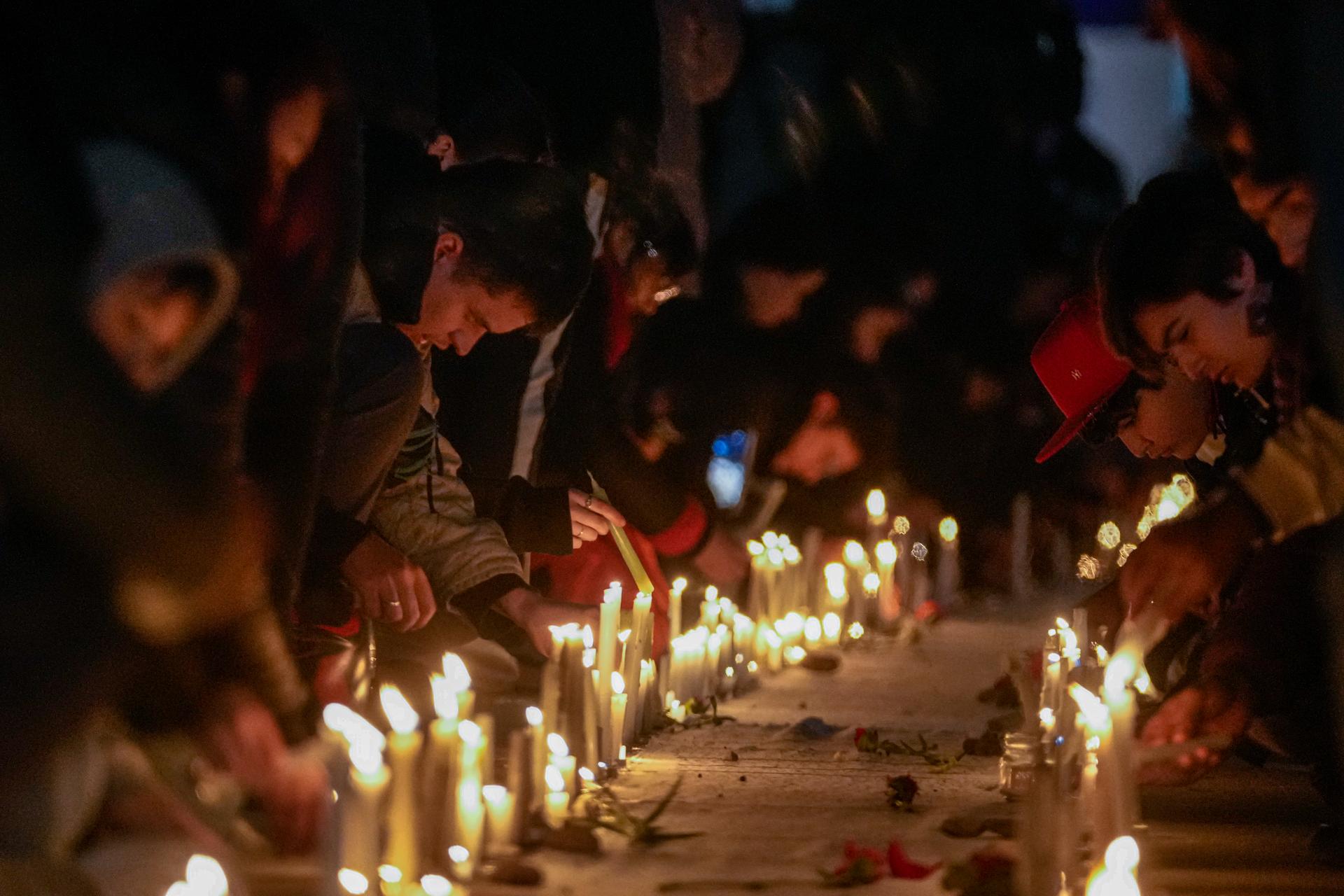
“This is a cultural, social and political failure,” said Marta Lagos, the founder of MORI. “Chileans are confused about what democracy is because there’s no agreement about how to interpret the violent past.”
Claudia Heiss, a political scientist at the University of Chile, said the changes in public opinion of Pinochet and his regime are a response to Chile’s present issues. “We interpret what happened before depending on what’s happening today,” she said.
Chile is currently facing a security crisis, with a rise in violent crime and transnational gang activity, “and this has led to an increase in the tolerance to authoritarianism and the perception that it’s better to have a strong hand, a strong government, to protect you from crime or corruption.”
According to Heiss, more people in Chile are now willing to give up freedoms and political accountability, “and that is very worrisome for the sustainability of democracy,” she added.
In July, a poll by the Chile-based Center for Public Studies found that 66% of respondents agreed with the statement that, rather than worry about the rights of individuals, the country needs a firm government.
The political right has a majority in Chile’s national assembly right now, and members of several right-wing parties boycotted commemorations of the 1973 coup on Monday. On the other hand, President Gabriel Boric has been a proponent of these events and even led one of the marches himself.
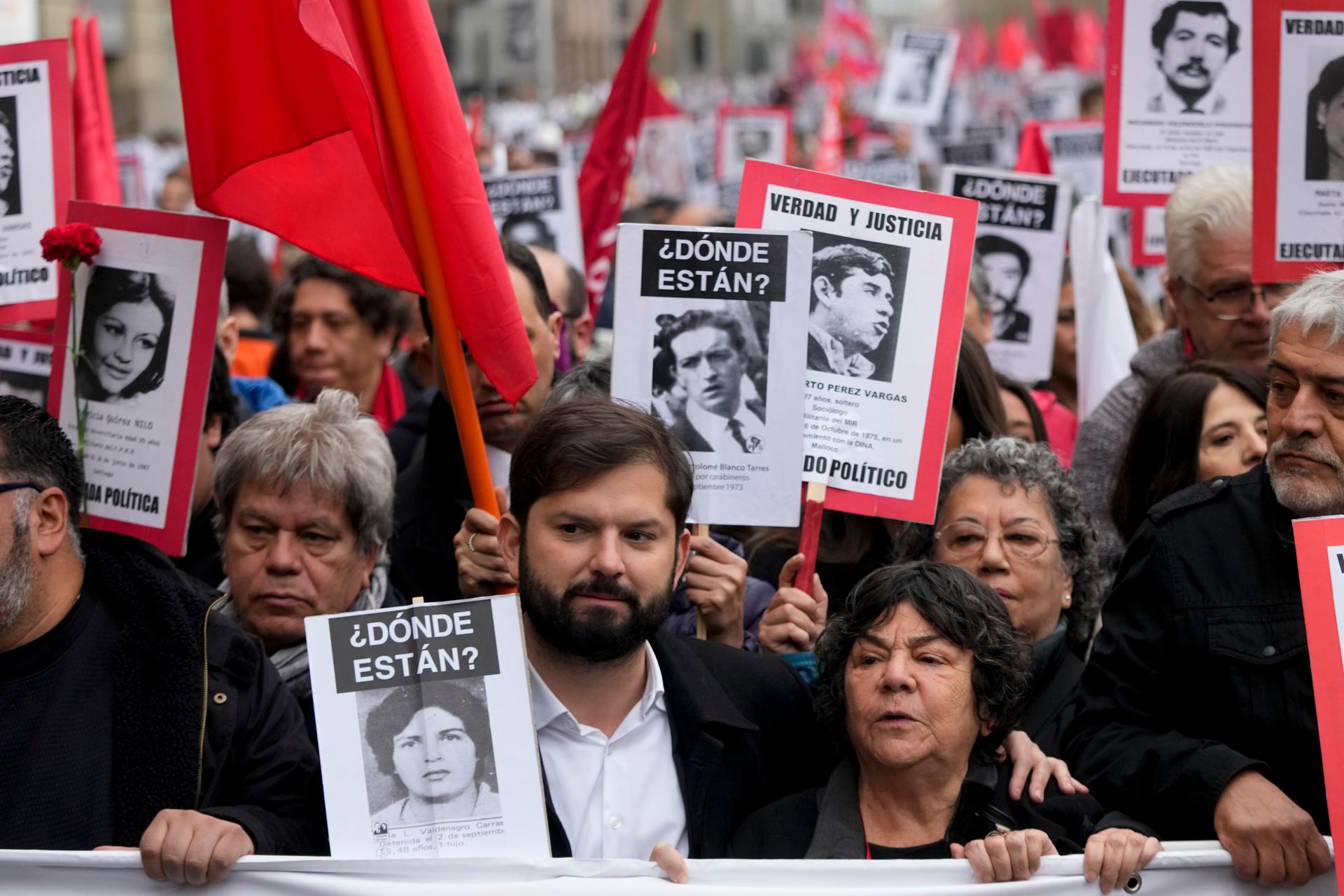
“What Boric is doing is the right thing to do,” Heiss said. “This commemoration is significant because it’s half a century, and we are in the last opportunities of achieving some justice because the victims and the perpetrators are getting very old,” she said.
For those who are critics of the Pinochet regime, justice is the only way to finally come to terms with the past.
“There’s no way to reconcile with people who think that Pinochet was right in doing what he did because they’re defending state terrorism,” said Pablo Abufom, “so, for me, only when we have truth and justice, will we have reconciliation.”
Last week, for the first time, the Chilean government announced a new effort to track down the remaining disappeared.
Our coverage reaches millions each week, but only a small fraction of listeners contribute to sustain our program. We still need 224 more people to donate $100 or $10/monthly to unlock our $67,000 match. Will you help us get there today?
